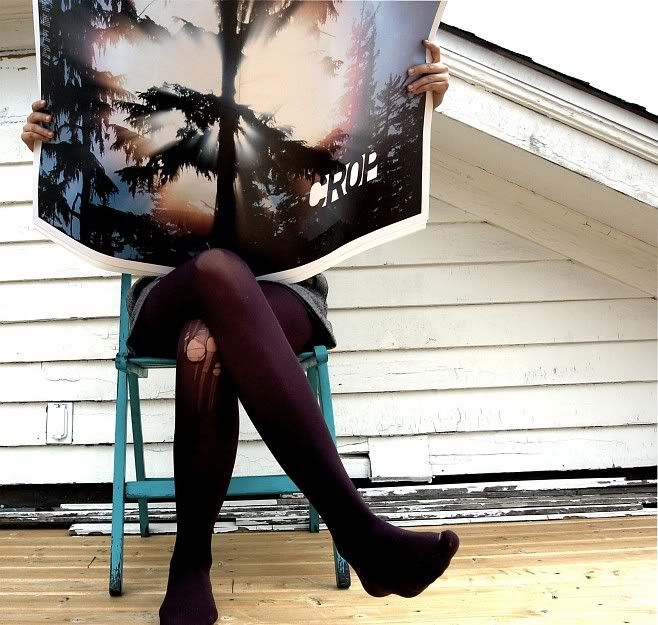
Photo by Chloe Scheffe
Chuck Klosterman uses words like abject, schism and ungulate. I sulkily admit I had to look up their meanings. Reading a half hour of Chuck Klosterman's disquisitional essays in A Decade Of Curious People and Dangerous Ideas is mind-blowing on this level. I assume a well-thumbed thesaurus is always with him; but I have no proof beyond his particular, intellectual and varied, speech staccato peppering all his work. I'm in awe, but not in love.I'm alone in my lovelessness - there are those who are head over heels: two friends of mine are crushing on Chuck because, as Lauren Salazar from Daily Intel put it, he's got a 'nerdy hotness' about him that makes you sympathize with his wistful fictional characters (he says that "No one ever has sex in his books because he identifies more with people being rejected") and quirky personal real-life stories. Just select a piece from Sex, Drugs and Cocoa Puffs, a running commentary on pop culture and its icons - an extension of his comprehensive work - and you'll find a man colored by hilarious juvenile tales and a keen awareness of how to translate what happens around him into a contextualized concept.

Although Chuck states that no one can really write an objective piece because it's based on the author's "subjective objectivity," he nevertheless strikes a chord with partakers of pop culture; I think that chord is a collective sense of cynism. In his own words, "I think there's an element of cynicism in my writing, but I'm an optimistic cynic."

Photo by Ellen Choi




No comments:
Post a Comment